Fragmenting Fatherhood —— A Socio-Legal Study
----- 父性的分段:社会法律研究
Debates about the future of fatherhood have been central to a range of conversations about changing family forms, parenting and society. Law has served an important, yet often neglected, role in these discussions, serving as an important focal point for broader political frustrations, playing a central role in mediating disputes, and operating as a significant, symbolic, state-sanctioned account of the scope of paternal rights and responsibilities. Fragmenting Fatherhood provides the first sustained engagement with the way that fatherhood has been understood, constructed and regulated within English law. Drawing on a range of disparate legal provisions and material from diverse disciplines, it sketches the major contours of the figure of the father as drawn in law and social policy, tracing shifts in legal and broader understandings of what it means to be a 'father'and what rights and obligations should accrue to that status. In thematically linked chapters cutting across substantive areas of law, the book locates fatherhood as a key site of contestation within broader political debates regarding the family and gender equality. Multiple visions of fatherhood, evolving unevenly over time across diverse areas of law, emerge from this analysis. Fatherhood is revealed as an essentially fragmented status and one which is intertwined in complex ways with the legal, cultural and political contexts in which discourses of parenthood are produced. Fragmenting Fatherhood provides an important and unique resource, speaking to debates about fatherhood across a range of fields including law and legal theory, sociology, gender studies, social policy, marriage and the family, women's studies and gender studies.
{{comment.content}}
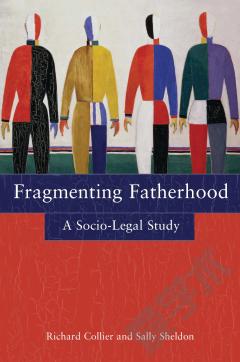
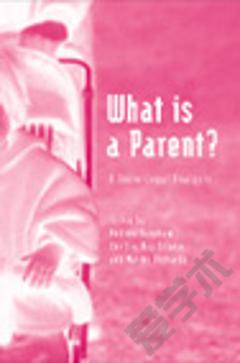

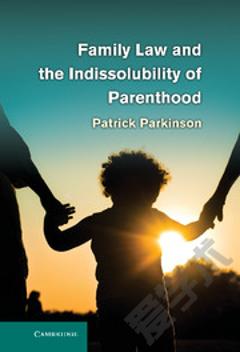
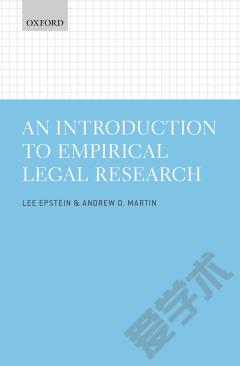
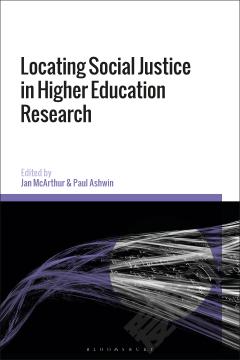


 京公网安备 11010802027623号
京公网安备 11010802027623号